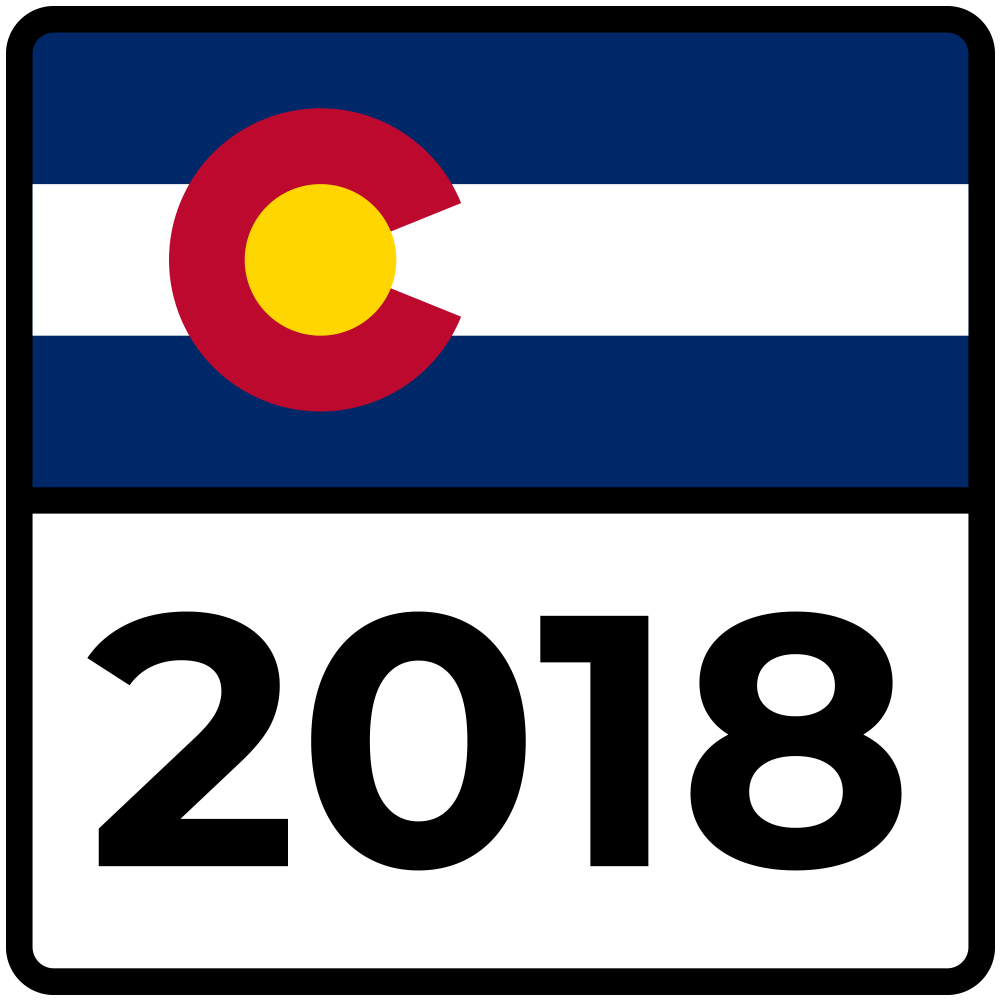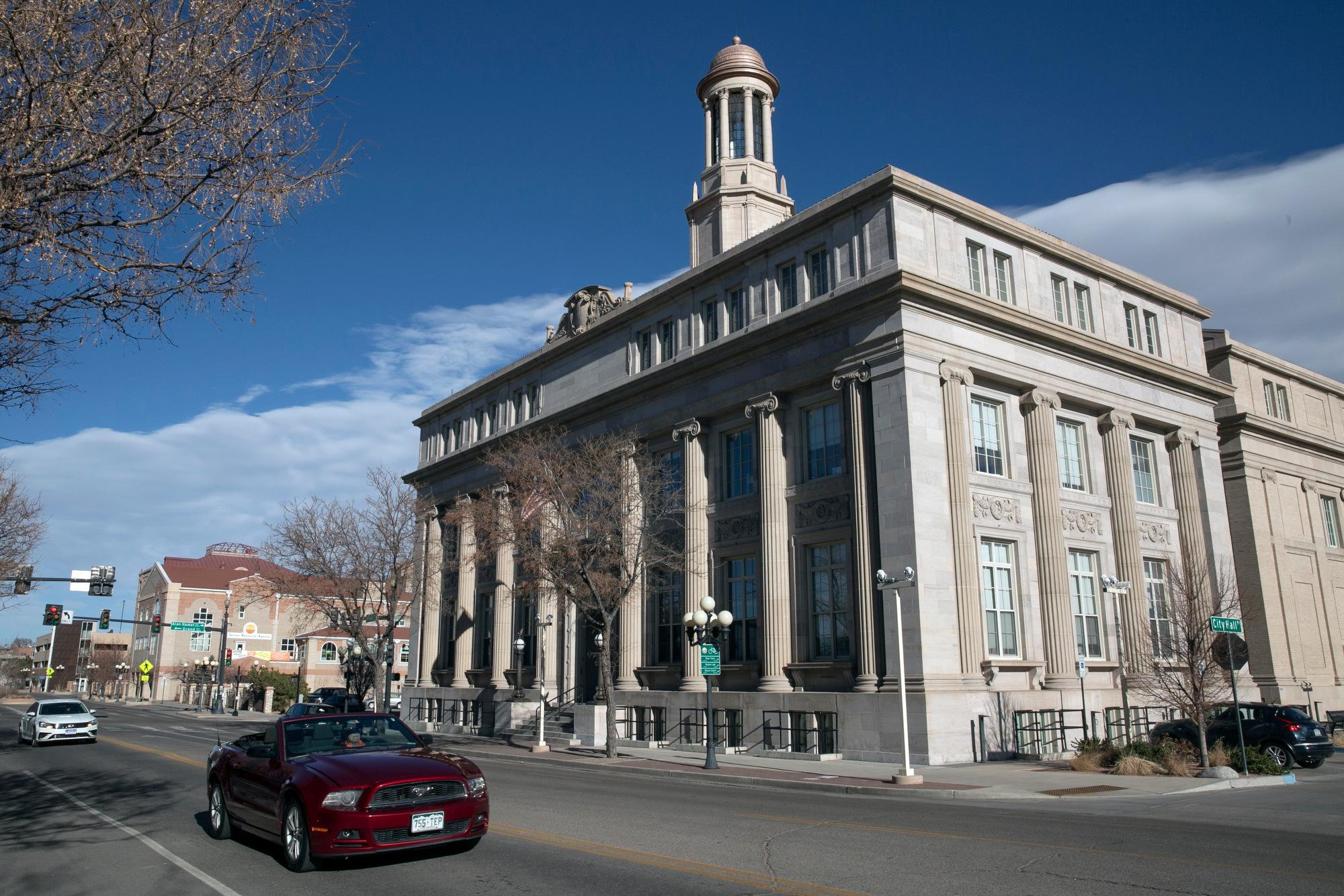
Amendment 73 would increase funding for public schools in Colorado by changing the state's tax system in the following ways:
- Raise the individual income tax rate for those with a taxable income of $150,000 or more. Details, from the Legislative Council:
| Taxable income between... | ...is taxed at a rate of ... | Percent of filers whose maximum income is in each tax bracket |
|---|---|---|
| $0 and $150,000 | 4.63% (current rate) | 91.8% |
| $150,001 and $200,000 | 5.0% | 3.2% |
| $200,001 and $300,000 | 6.0% | 2.5% |
| $300,001 and $500,000 | 7.0% | 1.4% |
| Over $500,000 | 8.25% | 1.1% |
- Increase the corporate income tax rate from 4.63 percent to 6 percent.
- Changes property taxes levied by school districts. Assessment rate for non-residential property would go from 29 percent to 24 percent. Residential property assessment rate would go from 7.2 percent to 7 percent, and would then stay locked there.
The measure would generate $1.6 billion of new revenue in the 2019-20 school year. Per-pupil funding would go from an average of $6,769 to $7,300. Special education, ELL, preschool, and other programs would see a funding boost too.
Proponents argue the measure is needed to make up for billions in cuts legislators made to education funding during the Great Recession. They say that's led to more districts going to four-day weeks, bigger class sizes, a reduction in services offered and low teacher salaries.
Opponents say the measure imposes a tax increase without any guarantee of academic achievement. They say policy makers should instead focus on education reform to improve students' outcomes.
The measure would change the state constitution, and under new rules passed by voters in 2016, needs 55 percent of votes to pass.








